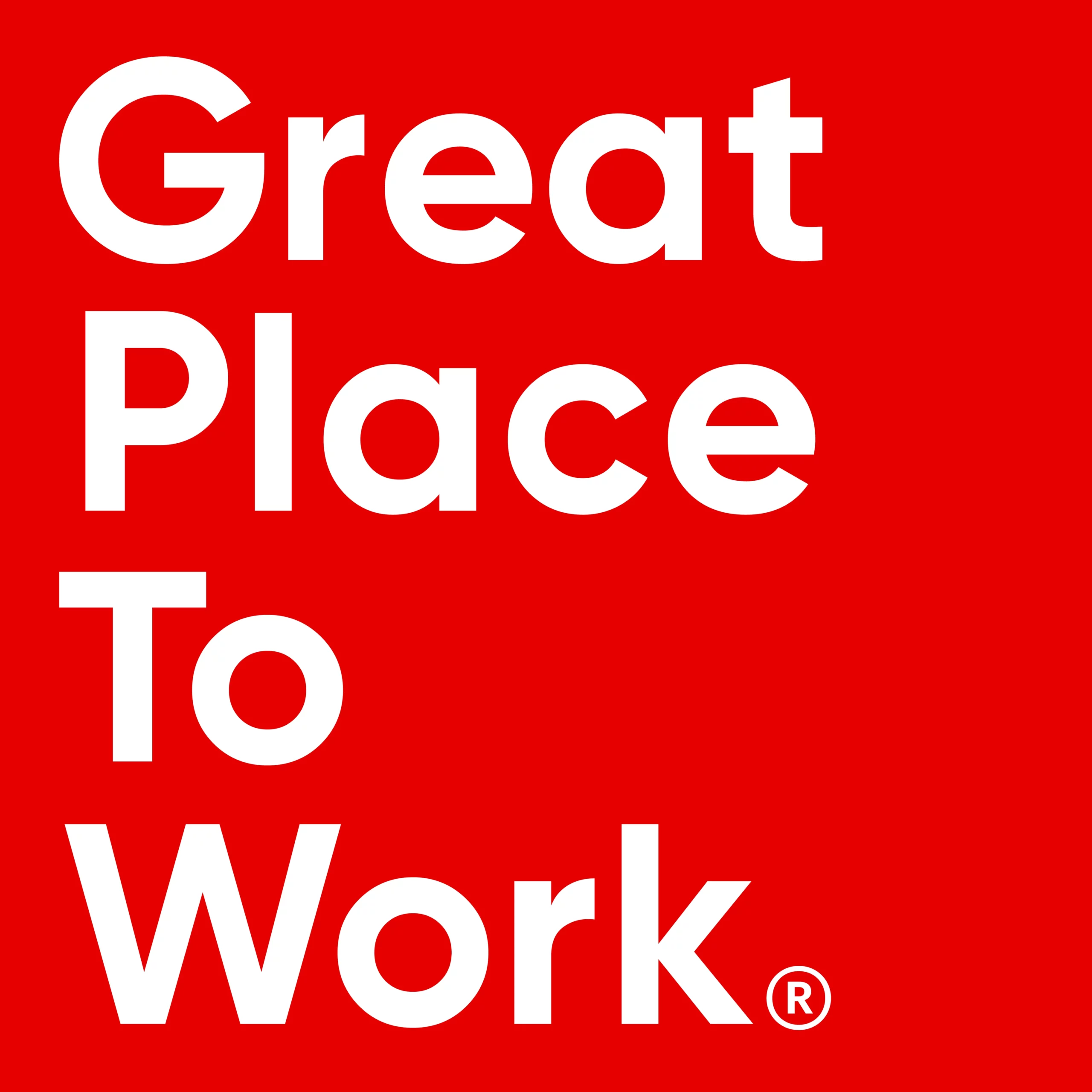The role of a talent acquisition specialist is fundamental in the successful running of any business. They partner with management right across the organisation to hire for newly created roles or to fill vacancies, advising on company strategy, talent pipeline and external factors before going to market with live opportunities and finding the best talent for the company. With recruitment freezes in the face of the pandemic, adapting to a world of digital and remote acquiring of talent, and managing a surge in hiring when markets recovered, these professionals have shown great strength, resilience and adaptability in such unpredictable times. To celebrate Global Talent Acquisition Day 2021, we look at the challenges that companies in financial services are currently facing when it comes to hiring professionals but most importantly, the creative solutions that they are implementing to successfully overcome them, as well as predictions for the industry in the coming months. After speaking to experienced professionals across the industry, we provide an overview of some of the key talent acquisition themes for this year and beyond.
THE CHALLENGES FACING TALENT ACQUISITION IN FINANCIAL SERVICES
VOLUME OF JOBS VERSUS AVAILABILITY OF TALENT
Many companies implemented a recruitment freeze at the start of Covid-19, followed by firms only hiring for business-critical roles in the face of extensive market uncertainty. With the vaccine rollout and markets now bouncing back, the confidence to hire is returning and for some, there is quite a backlog of roles to fill. This has created a high volume of live jobs in companies and talent acquisition teams are working hard to meet the demand. Despite the need for talent, there is a shortage in the market for the availability of professionals due to many not currently looking for new opportunities. Reasons vary from enjoying the flexibility they have working from home and wanting to wait for the return to the office to see how their employers approach hybrid or remote working, to simply enjoying the easing of restrictions over recent months and waiting for ‘the right’ opportunity to come along. This means that there is more of a reliance on the ‘passive’ candidate market for sourcing (passive meaning that professionals are not actively searching for roles), a market that can be hard to reach for talent acquisition specialists.
COMPLEX DIGITAL RECRUITMENT & ONBOARDING PROCESSES
Organisations that were less prepared for the mass transition to remote working, faced challenges moving their recruitment and onboarding processes to digital environments with the onset of Covid-19. In many cases, the infrastructure and technology in companies was not advanced enough or setup to support remote operations (especially as traditional talent acquisition processes for a lot of companies were heavily paper based) and so, solutions were implemented quickly as entire workforces were forced to work from home. This sudden shift to digital was reactionary and executed in a short space of time, resulting in new and complex talent acquisition processes with plenty of room for improvement but limited time and resources to make them. Some organisations also outsourced IT for cost saving or efficiency reasons, but for many companies, this has created challenges from an integration point of view, for example when a new employee cannot get access to a laptop ahead of starting induction, or experiences difficulties logging into databases and assistance is delayed, thus creating a poor user experience.
CHANGING INTERNAL MOBILITY PRACTICES
Specialists also highlighted the challenges faced in larger organisations when it comes to internal mobility. As remote working became a more permanent working model, it created both opportunities and challenges for the movement of talent internally (which in some instances, can see up to half of live roles filled in companies). In some cases, employees moved out of major cities where the cost of living is high and small accommodation spaces made working from home quite difficult, to rural areas or smaller towns. With many employees enjoying a better work-life balance or spending more time with their families, they availed of opportunities to work in local branches of their companies or in roles located outside of city-based offices. In comparison, other employees who worked outside of major cities, applied for company roles in, for example, Dublin or London with higher salaries knowing they would be able to continue remote working for the foreseeable future. Such trends challenged the internal mobility practices implemented in companies before the pandemic.
THE SOLUTIONS IMPLEMENTED BY TALENT ACQUISITION TEAMS IN FINANCIAL SERVICES
EXPANDING BOUNDARIES FOR HIRING TALENT
Combining increased remote and hybrid working opportunities with the shortage of talent across financial services, companies are looking beyond traditional markets for future hires. This includes sourcing potential employees outside of major cities and in some cases, extending searches to different countries. Talent acquisition specialists have to assess the tax implications of employees working aboard for a prolonged period of time or being contracted to work a role when located in another country. Awareness of tax legislation, employee relations and other legal requirements is important when recruiting on a more international scale. Companies are also looking at contract or interim management opportunities, whereby experienced mid-senior or executive consultants join companies on a temporary basis to lead through periods of transition, change or even crisis. Such employment opportunities mitigate the risk of hiring on a permanent basis while providing great strategic direction for companies, particularly with such volatile market conditions. By thinking beyond the norm in terms of hiring talent, talent acquisition teams are increasing the access their companies have to talent pools.
REFINING DIGITAL RECRUITMENT & ONBOARDING PROCESSES
Talent acquisition specialists are always looking for ways to improve the recruitment and onboarding processes for potential and new employees, particularly now more so than ever. They are focusing on how they can further refine the digitalisation or automation of these processes to provide a better user experience for candidates and employees. A move to digital contracts and documentation, online background checks and better Applicant Tracking Systems are just some ways in which they are advancing and optimising the user journey in a virtual world. Companies are also looking to invest further in infrastructure, technology and communication systems, for example, laptops and monitors, social software, collaboration platforms, task or project management tools, and human capital management software. Such investments will greatly help with the attraction of talent to a company, but also the retention of talent within the company.
IMPLEMENTING NEW POLICIES & PROCEDURES
Recognising that the world of work has changed, most employers are meeting the demands for increased flexible working arrangements on returning to the office. They are establishing the models that work best for their business, their clients and their employees and implementing, where needed, flexible working policies and procedures to support a more agile working environment. With most professionals considering new opportunities wanting some form of flexibility with future employers, such practices are vital for talent acquisition teams as the company’s offering plays a huge part in the attraction of talent. Talent acquisition specialists are advising internally on competition in the market and the appetite for hybrid or remote working models across sectors, contributing greatly to the formulation of new policies and procedures. They are also amending existing policies as flexible working arrangements evolve, for example policies around the movement of talent internally to ensure fair opportunities for all employees. (For more insights into the flexible arrangements companies in financial services will offer on returning to the office, download Attracting & Retaining Talent in a Post-Pandemic World: A Guide for Employers).
THE TRENDS & PREDICTIONS FOR TALENT ACQUISITION IN FINANCIAL SERVICES
CREATING A CULTURE TO SUPPORT FLEXIBILITY
Hybrid and remote working models will become a part of most business models going forward so companies with will need to create, embed and drive a virtual culture for their employees that are working from home. Offering flexible working arrangements to employees and building an environment that supports it will play a strong part in the attraction and retention of talent, as well as improving employee engagement and satisfaction. Apart from ensuring that the appropriate technology is available to guarantee great connectivity between colleagues, talent acquisition and HR teams will need to look at how interaction and communication is supported throughout the entire organisation. For example, conducting onboarding virtually so that employees can access the same resources despite location, hosting all meetings online so that all employees are included in any team or departmental discussions, continuing virtual team events and bonding activities to build team moral, or even maintaining internal communication channels.
UTILISING VIRTUAL RECRUITMENT PROCESSES
Virtual interviews will remain a vital part of the recruitment process as it benefits both the candidate interviewing for the role and the manager(s) conducting the interview. Commuting to the office, taking annual leave and trying to schedule interviews to work for all parties are common barriers that are instantly elevated, meaning the early stages of an interview are more relaxed and efficient with a quicker turnaround time. Some candidates will also be reluctant to come into the office due to health concerns or simply being accustomed to virtual interviews. For most companies, however, it will be important where possible to have a candidate who is suited for the role come into the office at some stage of the recruitment process. This can be for a final stage of the interview or to simply meet some of the team members. It allows potential future employees to experience the culture of the organisation and to identify whether they feel it is a good fit for them.
RESTRUCTURING TALENT ACQUISITION TEAMS
With increased flexibility due to the mass transition to remote working, companies now have greater access to talent, both domestically and internationally. The benefits of a globalised workforce include more diversified teams, a global brand, access to new markets and even reduced costs, however the move to acquiring talent globally can be difficult. Some established companies may therefore look to restructure their talent acquisition teams on a global scale, with the objective of moving away from the country recruiter and moving toward the regional recruiter with the responsibility of attracting and acquiring talent for the company across a group of countries, for example EMEA or DACH. For many talent acquisition specialists, this is a great opportunity to broaden their scope and develop new skills, but it will take time to adjust to new processes, particularly for business partners who are accustomed to dealing with their local talent acquisition teams.
ADVICE FOR TALENT ACQUISITION PROFESSIONALS IN FINANCIAL SERVICES
NETWORK WITH COLLEAGUES
When professionals first join an organisation, it is important that they get to know the culture, policies, processes and procedures of the business, as well as the people that they will be working with across various departments. Getting exposure to and understanding different perspectives in the business greatly assists when it comes to hiring the right talent, so individuals starting with new companies should look to schedule meet and greets with colleagues as soon as possible. With remote working, those unplanned or quick catch ups over a coffee or lunch are not possible so it really is important to build relationships, particularly in a virtual setting.
BUILD STRONG ECOSYSTEMS
Build a community of supportive people, from team members to agencies – and especially your recruitment partner. Are you facing challenges finding excellent professionals in financial services? Are you looking to recruit professionals from overseas? Or hire interim managers on a temporary basis? Coopman Search and Selection is an award-winning specialist financial services firm operating internationally across front office, risk, compliance and accounting on a permanent and interim basis. Our internationally-experienced specialist consultants can provide you with the latest market insights, as well as advising on your recruitment needs.
For more information or to speak to a member of our team, contact us on connect@coopman.ie, +353 1 211 8333 or +44 204 529 2608.








